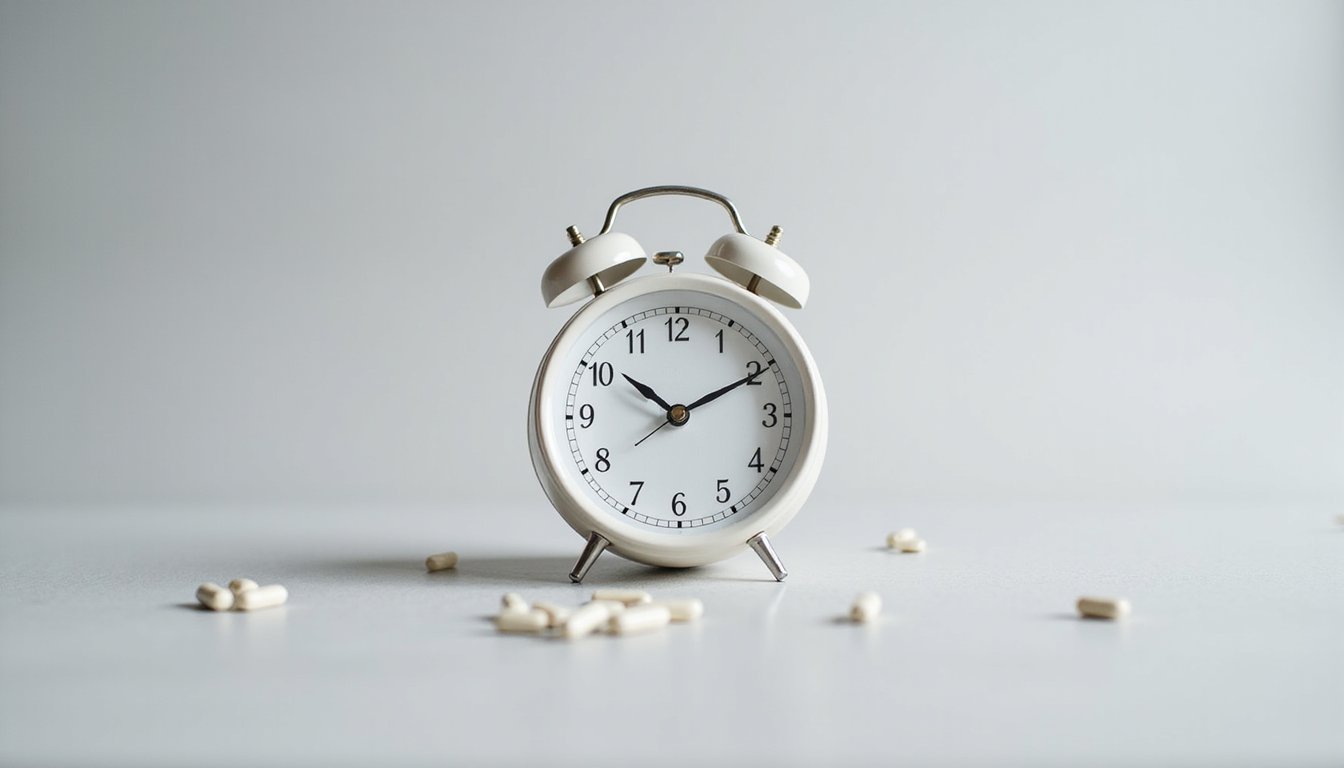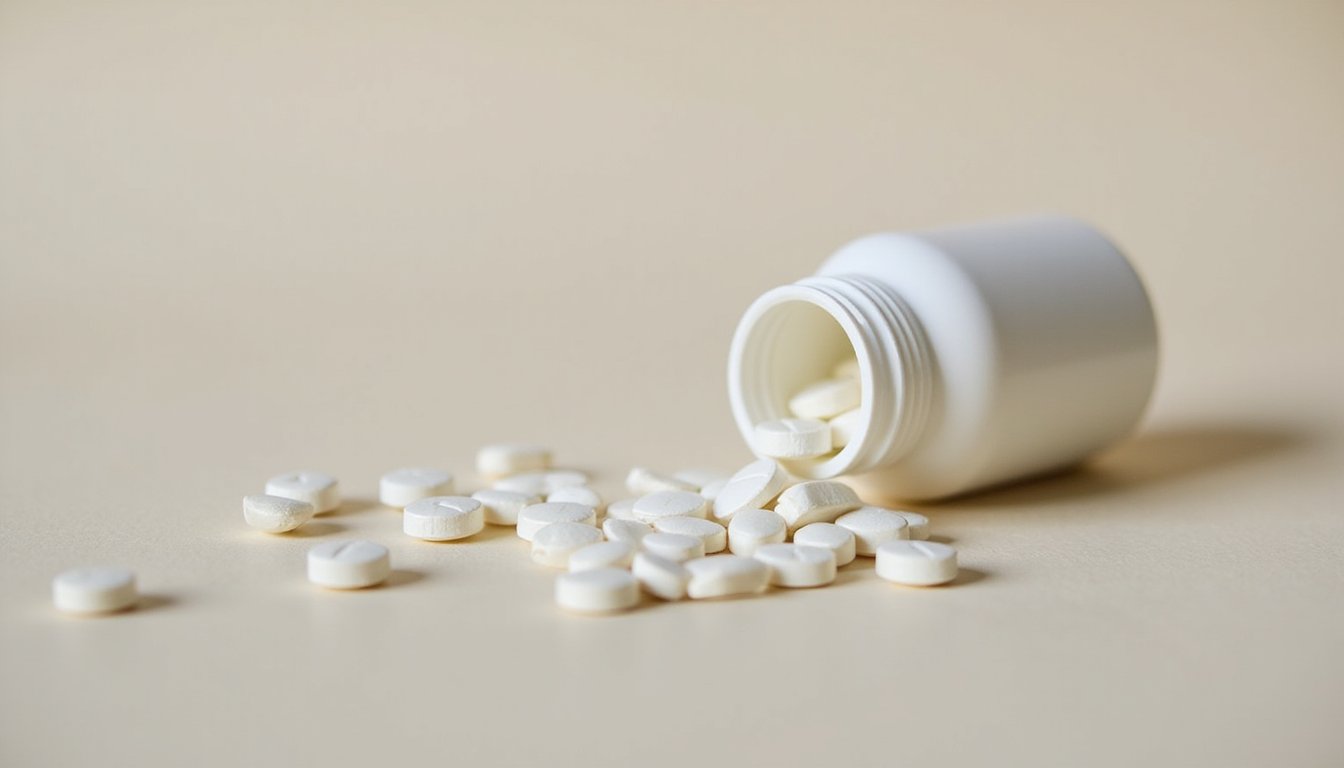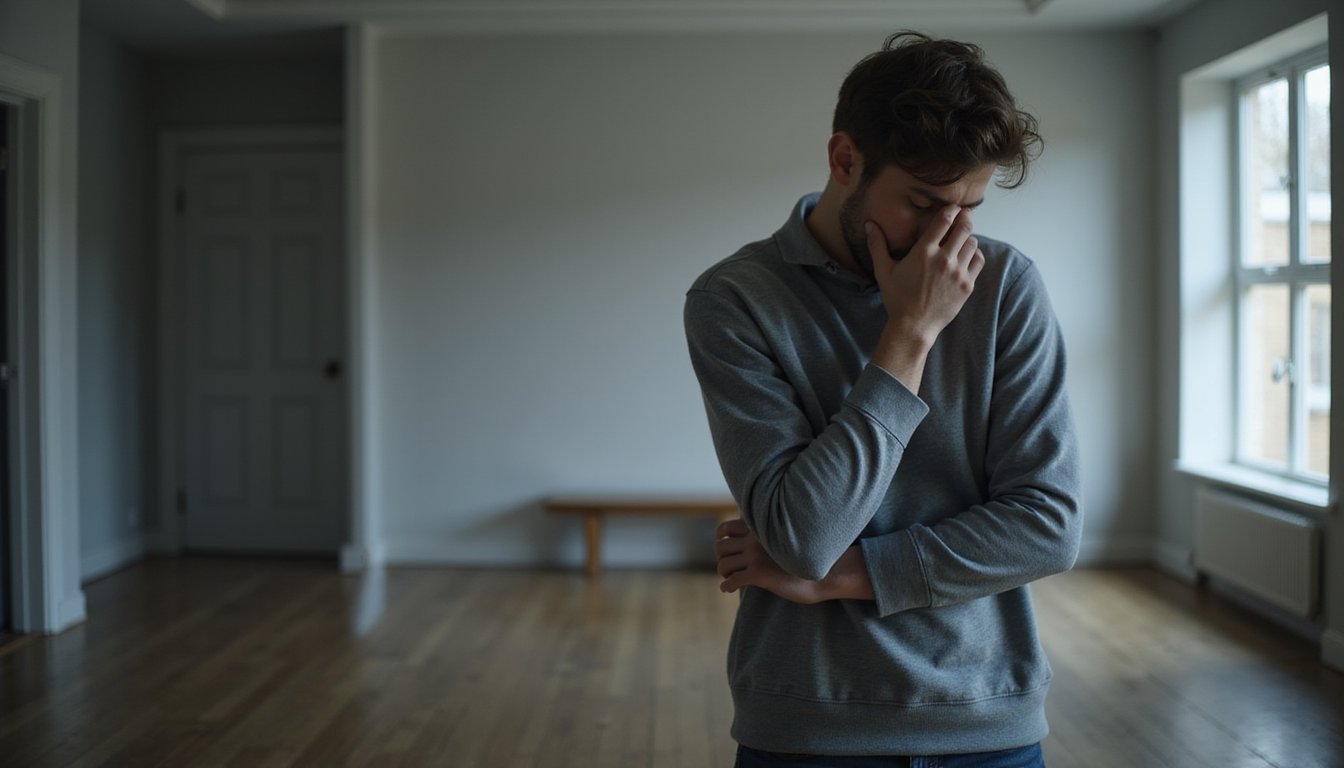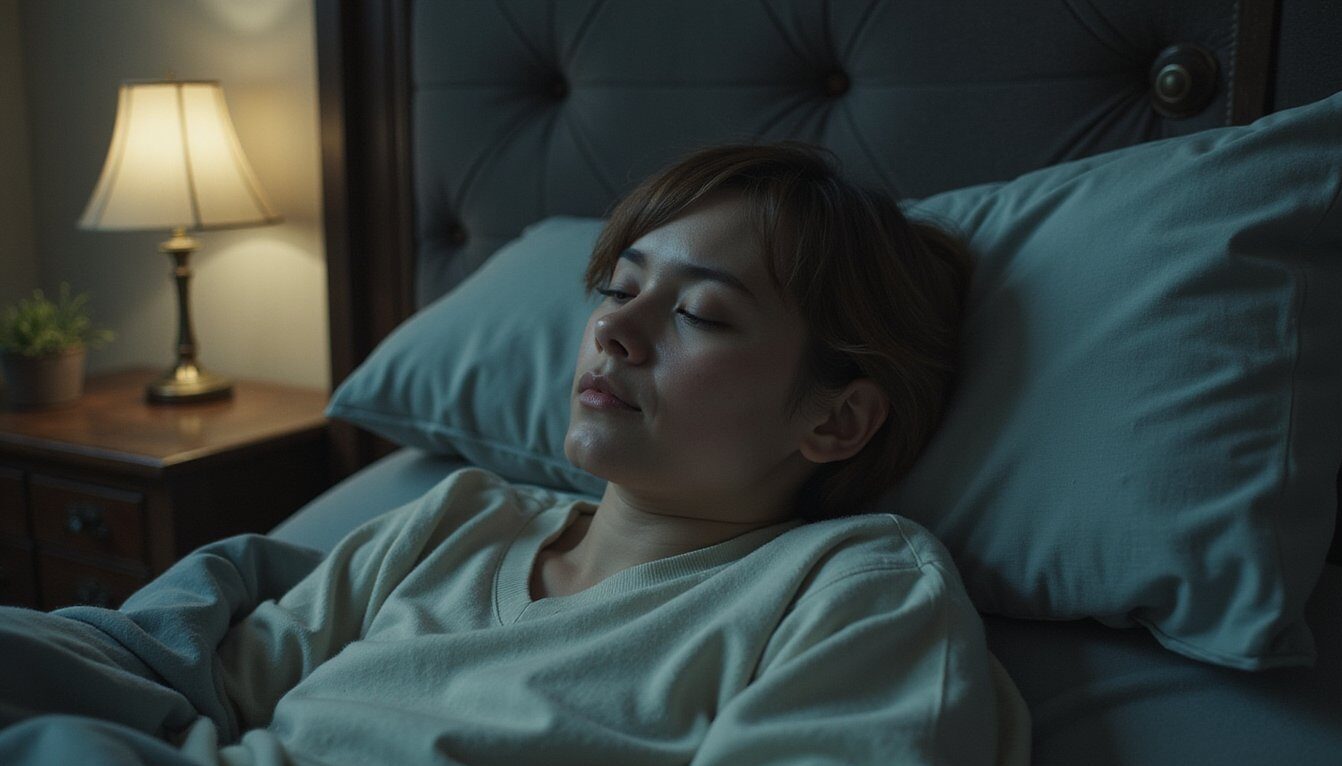Understanding and Recognizing How Depression Feels
Whether you are concerned about a loved one or yourself, it is important to understand depression. While everyone experiences an occasional bout of the blues, it shouldn’t last for an extended length of time or severely affect your work, school, and relationships. There are many different types of depression, and they can each feel different from all others.
What Depression Feels Like
If you’re wondering if you’re clinically depressed, you need to understand what depression feels like. Many people think that depression is a mental health condition that will completely debilitate and paralyze them. In reality, though, depression isn’t always that obvious. There are many smaller signs of depression. Experiencing any one of them can be more serious than simply feeling down. The following are some of the most common ways people with depression have described how they feel.
- It is difficult to find any joy in life
- It feels like you are stuck with no way out
- Your sleep is often disrupted
- You feel like a failure and that you are worthless
- You’ve lost all motivation for doing daily hygiene tasks such as showering, brushing your teeth, or getting dressed
- You’re experiencing actual physical aches and pains that can’t be explained
Depression doesn’t always come on suddenly after an obvious cause. It can sneak up on you slowly, and this slow decline is hard to recognize. Always be mindful of your thoughts and feelings, and get help if your mood is low and doesn’t turn around.
Signs and Symptoms of Depression
Depression includes a variety of signs and symptoms that are very similar to the feelings people have described having when they are depressed. Depression also has varying effects on the brain, and some symptoms overlap across the different types of depression. The following are typical symptoms of severe depression.
Extreme Sadness
Intense sadness is a big part of depression. You’ll have a hard time finding joy in life, and you could have bouts of crying. Even the things that used to make you feel happy can feel dull.
Excessive Irritability
Feeling irritable is one of the most common symptoms of depression. Things that never used to bother you can now make you increasingly agitated.
Loss of Interest in Your Favorite Activities
Social events, activities, and hobbies you’ve always enjoyed now seem bothersome. They feel like a job to do that you just can’t manage.
Lack of Energy
When you’re depressed, finding enough energy to complete daily tasks can be hard.
Feelings of Pessimism, Hopelessness, and Worthlessness
Believing that things won’t get better or that you don’t deserve the good things in life may lead to a pessimistic attitude with feelings of hopelessness.
A Big Change in Appetite
Common depression symptoms include a loss of appetite or an increase in eating. This could include binge eating, which causes weight gain.
Losing Interest in Self Care
Simple things like getting dressed in the morning, showering regularly, or brushing your teeth and hair can be overwhelming. You feel like it’s too much to handle.
Loss of Concentration
Not being able to stay focused and concentrate on work or school is a sign of depression that can interfere with what is expected from you.
Difficulty Making Decisions
When you are depressed, being indecisive or having a hard time making decisions can greatly impact your daily functions.
Avoiding Family and Friends
Avoiding social activities with friends and family, coworkers, or your partner can be a symptom of depression. It’s common to lose interest in social activities that you once enjoyed when depressed.
Ending Relationships
You may cut ties with family members and friends for no apparent reason. You could also avoid new relationships.
Thoughts of Death
Extreme depression can lead to occasional or excessive thoughts of death.
Self-Harm and Suicide
If you have thoughts of self-harm or suicide, reach out immediately to your doctor or mental health professional.
How Men and Women Experience Depression Differently
Just like with so many things in life, men and women experience depression differently. The signs, symptoms, and feelings have varied widely between the two sexes.
Men and Depression
Common culprits of depression in men include the following.
- Drug addiction and substance use disorder
- Childhood sexual abuse or physical abuse
- Stressful life events
- A History of depression
Men can also become depressed as a result of legal issues, low self-esteem, feeling like they failed, career difficulties, and financial stress. Men are more likely than women to feel like they have failed as a provider. This is a common trigger for depression.
Studies have found that men suffering from depression are more likely to have aggression and get involved in risky behaviors. They also are more likely to experience extreme anger.
Women and Depression
While women are affected by many of the above-mentioned triggers for men, how they feel with depression can also result from additional factors. Women often experience depression due to:
- Biological factors
- Differences in experiences
- Cultural expectations
Issues with parents and marital problems are also found to cause depression in women more often than in men. Symptoms for women can be different from men, too. In addition to postpartum depression, women are more prone to anxiety.
Types of Depression
Clinical Depression
Depression can range from a temporary, mild episode of sadness to a more persistent, severe depression. Clinical depression is on the severe end of this range. It’s also referred to as major depressive disorder or simply major depression. It’s not to be confused with depression brought on by a death or a medical condition.
The symptoms of clinical depression are so severe that they cause noticeable issues. These can be problems in day-to-day activities, relationships, social activities, work, or school.
This type of depression can affect any age group, even children. Symptoms improve with antidepressant medication, psychological counseling, or a combination of both.
Persistent Depressive Disorder
Persistant Depressive Disorder (dysthymia) is long-term depression. You may feel hopeless, lose interest in normal activities, have low self-esteem, and feel inadequate. Feeling like this can last for years. It interferes with school, work, and relationships.
If you have this type of depression, you’ll find it hard to be happy. People might describe you as incapable of having fun, constantly complaining, or being gloomy. It isn’t as severe as clinical depression, and your level of depression can be anywhere from mild to severe. Coping with persistent depressive disorder is challenging. A combination of psychotherapy and medication effectively treats it.
Prenatal Depression
Prenatal depression happens during pregnancy. It is normal to have ups and downs at this time, but with prenatal depression, feeling sad becomes normal. Sadness, negative emotions, and anxiety interfere with everyday life. It’s common with about 13% of expectant mothers experiencing depression.
Normally, depression is treated with talk therapy and medication. You and your doctor will need to discuss the potential risk of medications compared to the benefits. Talking with a psychologist, psychiatrist, or social worker helps. Leaving this depression untreated could result in harm to you and your baby.
Postpartum Depression
Some new mothers experience mood swings, anxiety, crying spells, and difficulty sleeping after their baby is born. This is called “baby blues,” and it can last anywhere from a couple of days to a few weeks. Some moms can’t get past this stage. When these feelings last, it is called postpartum depression. It isn’t a sign of weakness. It is simply a complication of childbirth. Prompt treatment helps you manage the symptoms and allows you to bond with your baby.
Seasonal Affective Disorder (SAD)
Seasonal affective disorder is a depression associated with the change of seasons. SAD comes around at the same time each year. Typically, symptoms begin in the fall and last through the winter. It leaves you moody and without energy. Symptoms resolve by spring and into the summer months. Rarely will it be reversed with one feeling down during the warmer seasons. Treatment includes light therapy, medication, and psychotherapy.
Psychotic Depression
Psychotic depression is a form of major depression. It includes some type of psychosis. This could be hallucinations where you hear voices telling you that you are worthless, delusions such as feelings of failure, sin, or worthlessness, or any other break from reality. Psychotic depression affects one out of every four people with depression that is admitted to the hospital.
Treatment is done in a hospital setting. This allows mental health professionals to closely monitor clients. Their mood is stabilized with medications that include antidepressants and antipsychotic medications.
Premenstrual Dysphoric Disorder
Premenstrual Dysphoric Disorder (PMDD) is a severe extension of PMS. It causes such extreme mood swings that it can damage relationships and disrupt daily activities.
Both PMDD and PMS begin seven to 10 days before one’s period, and they will continue for a few days after your period starts. They both cause breast tenderness, bloating, fatigue, and sleep and eating changes.
In PMDD, at least one of these symptoms will stand out.
- Hopelessness and sadness
- Tension and anxiety
- Extreme moodiness
- Irritability and anger
While the cause of PMDD isn’t clear, underlying depression is common. The hormonal changes related to your period may worsen the symptoms of a mood disorder. Treatment can include antidepressants, birth control pills, nutritional supplements, herbal remedies, and changes to your diet and lifestyle.
Depression and a Substance Use Disorder
Depression is common for people who struggle with a substance use disorder. Drugs and alcohol intensify the feelings of sadness, loneliness, and hopelessness that come with depression. At the same time, if you are battling depression, drugs and alcohol might feel like a solution, but these substances are addictive. The more you turn to them, the more your body will rely on drugs and alcohol. As time goes on, your substance use disorder can increase the feelings associated with depression as well as lead to other health problems.
Your symptoms can continue to recur without the right treatment for a dual diagnosis of substance use disorder and depression. This can impact your life negatively when it comes to work, relationships, and school.
Types of Treatment for a Dual Diagnosis
There are several options when it comes to overcoming a substance use disorder that goes hand in hand with depression. Residential treatment centers allow you to live at the facility where you’ll receive 24/7 care as you learn to control both disorders.
Many people cannot live in a facility due to other obligations. Day treatment is available that allows you to remain in your own home. You’ll be required to go to the facility at scheduled times, but you can return home to sleep and fulfill other obligations.
Sober living communities offer clients a safe and sober place to stay. Clients participate in treatment programs and receive support from their fellow residents. These communities are ideal if you have no place else to go or you are worried that going home too soon could result in a relapse.
Finding Help for Your Depression
If you are experiencing any symptoms of depression, don’t be afraid to seek help. You don’t have to continue to struggle with your feelings alone. Medication and talk therapy are often all that is needed to regain control of your life. Treatment is the key to strengthening your relationships and succeeding at work or school.






